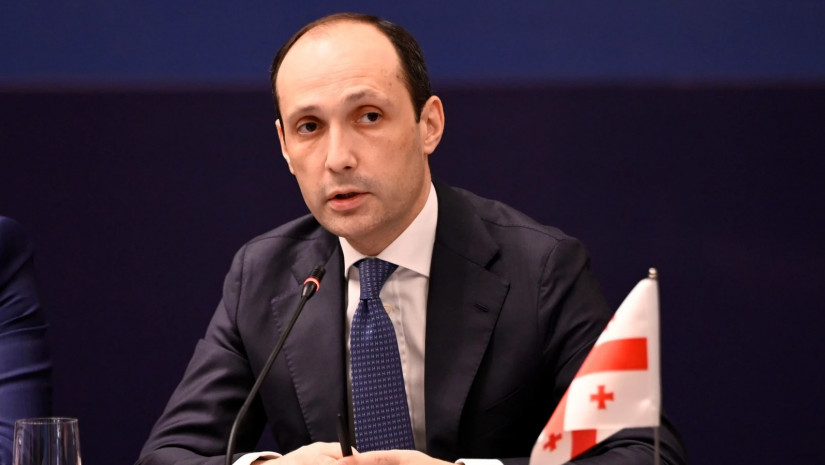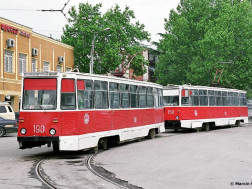First Vice Prime Minister and Minister of Economy and Sustainable Development, Levan Davitashvili, participated in the opening ceremony of the Tbilisi Regional Forum for Sustainable Development (TBILISI RFSD).
In his address, Davitashvili discussed Georgia’s current economic trends, key growth drivers, and the importance of sustainable development, highlighting the country’s economic policy priorities and vision.
“Georgia has successfully navigated external shocks, maintaining high economic growth and macroeconomic stability. In recent years, Georgia has stood out globally for its strong growth trajectory — in 2024, GDP growth reached 9.4%. While the IMF projects modest growth for the Eurozone (0.8%) and the US (1.8%) in 2025, and a significant slowdown in China (down to 4.0% due to tariffs), Georgia’s forecast has been revised upward by the IMF from 6% to 7.2% during its recent consultations in the country,” he stated.
Now in its 14th year, the Tbilisi Regional Forum for Sustainable Development is focused on the theme “The Role of Peace in Sustainable Socio-Economic Development.” The event was officially opened by Tbilisi Mayor Kakhi Kaladze and Prime Minister Irakli Kobakhidze, with participation from government officials, international experts, and academia. The Ministry of Economy and Sustainable Development is actively involved in several panel sessions over the two-day forum.
Davitashvili noted that based on current forecasts, 2025 is expected to be another year of robust economic activity. In the first quarter, average growth reached 9.3%, while in April it stood at 7.5%, resulting in an average of 8.8% for January–April 2025.
“According to the government’s conservative forecast, growth will reach 6% in 2025, though we anticipate a higher figure, supported by the IMF’s revised outlook. Continued growth will be driven by capital investments, structural reforms, and major infrastructure projects aimed at improving access to finance, boosting investment, and maximizing Georgia’s export and energy potential,” Davitashvili said.
He also outlined the government’s efforts to enhance trade integration, diversify export markets, and stimulate investments in innovation, technology, and R&D. Strengthening Georgia’s global competitiveness and integration into international supply chains remains a key objective.
“Major infrastructure projects are central to our development agenda — including the new Tbilisi airport, the Black Sea submarine cable, the Anaklia deep-sea port, and investments in renewable energy and tourism infrastructure. Notably, multi-billion-dollar projects by Emaar and Eagle Hills in Tbilisi and Batumi reflect growing investor confidence in Georgia,” Davitashvili concluded.












